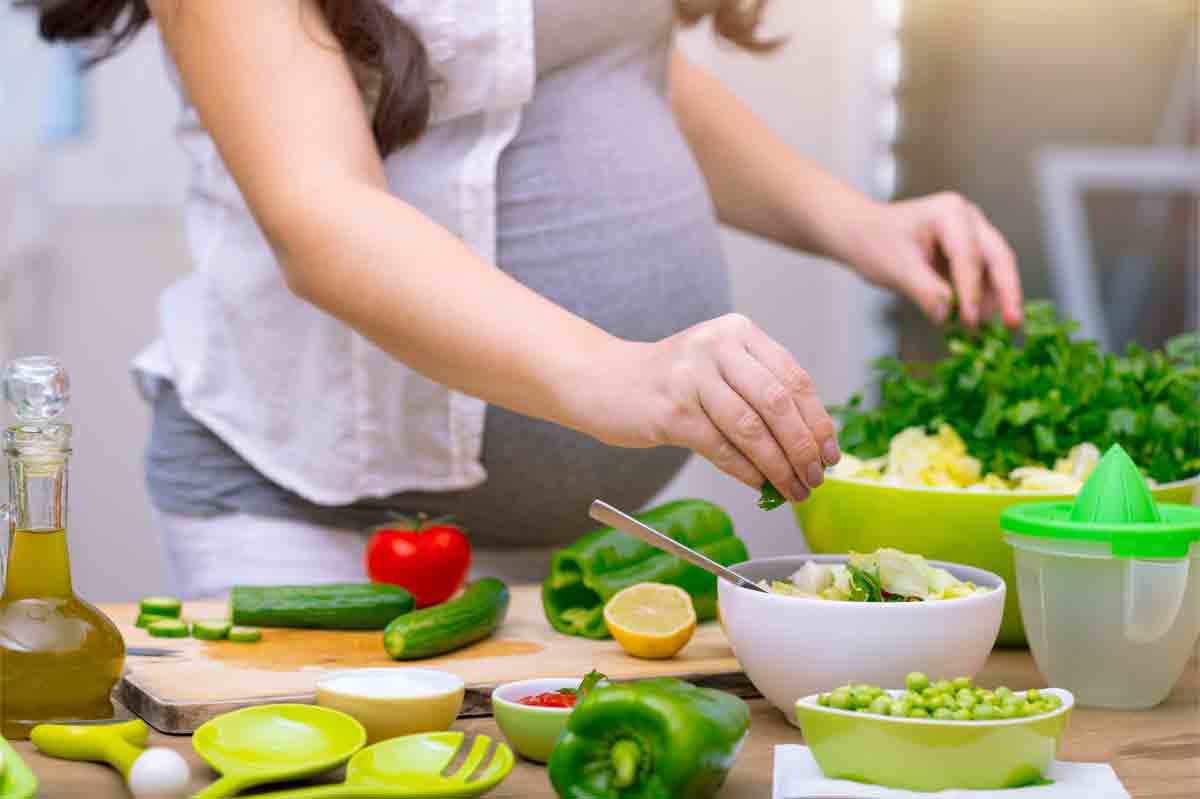Prenatal depression and diet quality during pregnancy
Past research in non-pregnant and pregnant populations suggests that depression may influence diet during pregnancy, which has a significant impact on the health of both mothers and their children. In this 2020 study, Avalos et al. investigated the relationship between prenatal depression and diet quality during pregnancy overall and by race/ethnicity. It also explored the correlation between prenatal depression and the 12 dietary components of the Healthy Eating Index 2010. The researchers provide a secondary analysis of a cohort study of Kaiser Permanente Northern California women (1,160 pregnant participants) entering prenatal care between October 2011 and April 2013. One-hundred and fifty nine (14%) subjects were found to suffer from prenatal depression. These women were two times more likely to have diets of poor quality compared with women without prenatal depression after adjusting for potential confounding variables. Women with prenatal depression consumed more empty calories (solid fats, added sugars, alcohol [p = 0.01]), fewer greens and beans (p<0.05), fewer total fruit (p<0.01), and whole fruit (p<0.01), compared with those not depressed while pregnant. Differences emerged by race/ethnicity as Hispanic women with prenatal depression were 166% more likely to have poor diet quality compared to Hispanic women without diagnosed depression. These findings suggest that women with prenatal depression are at higher risk of having a poor diet compared with those without prenatal depression, and the relationship is more prominent among Hispanic women. The authors suggest that nutrition counseling interventions for women with depression may be helpful. These should include consideration for different cultures and target limiting empty calories from solid fats, alcohol, and added sugar, as well as encouraging the consumption of greens, beans and fruits. [NPID: postpartum mental health, post-partum mental health, postpartum, post-partum, pregnancy, antenatal depression, postnatal depression, nutrients, micronutrients, maternal depression, depression, perinatal anxiety, perinatal depression, Hispanic woman, nutrition counseling, nutrition intervention]
Year: 2020
 Navigation
Navigation






